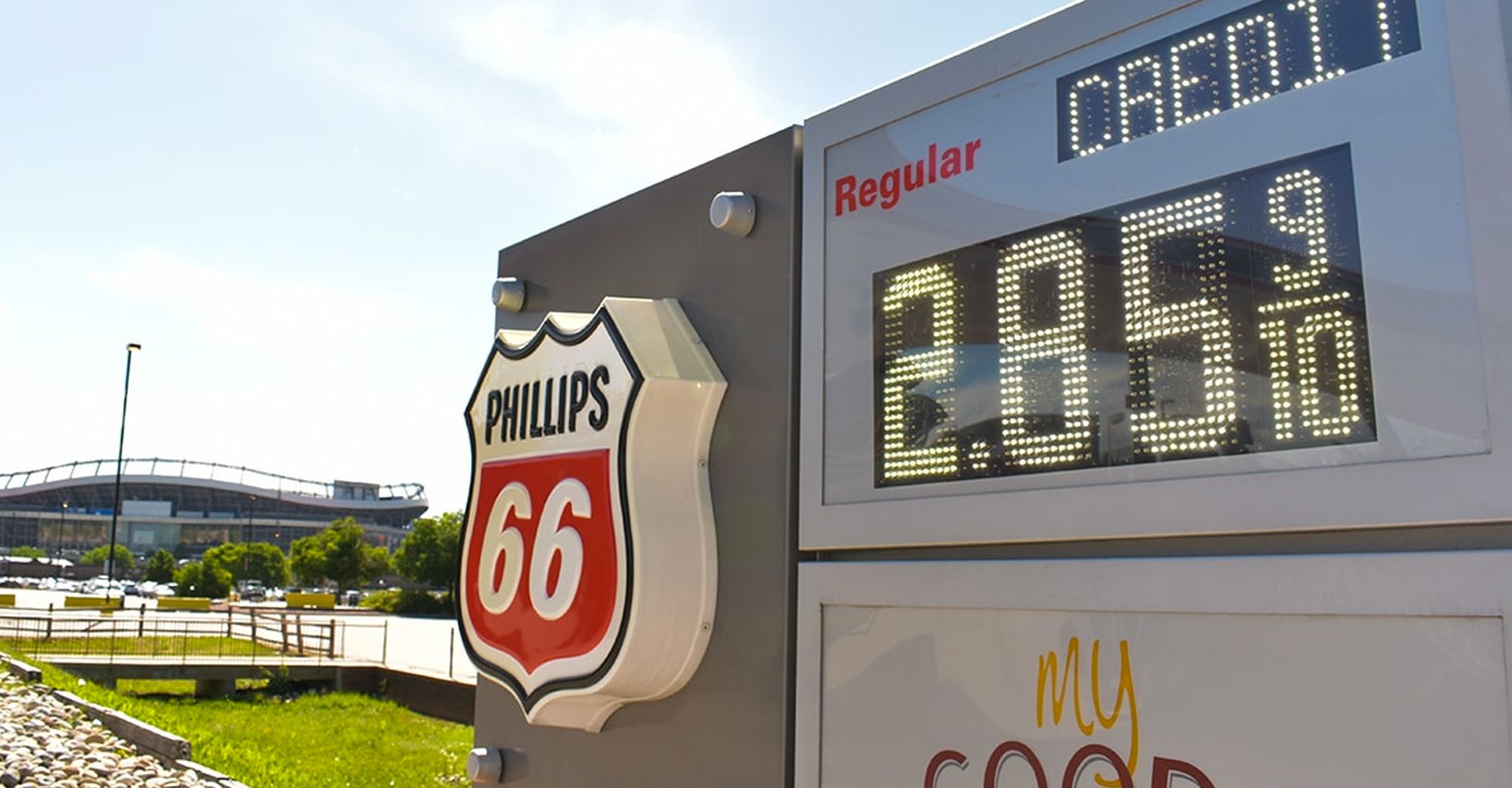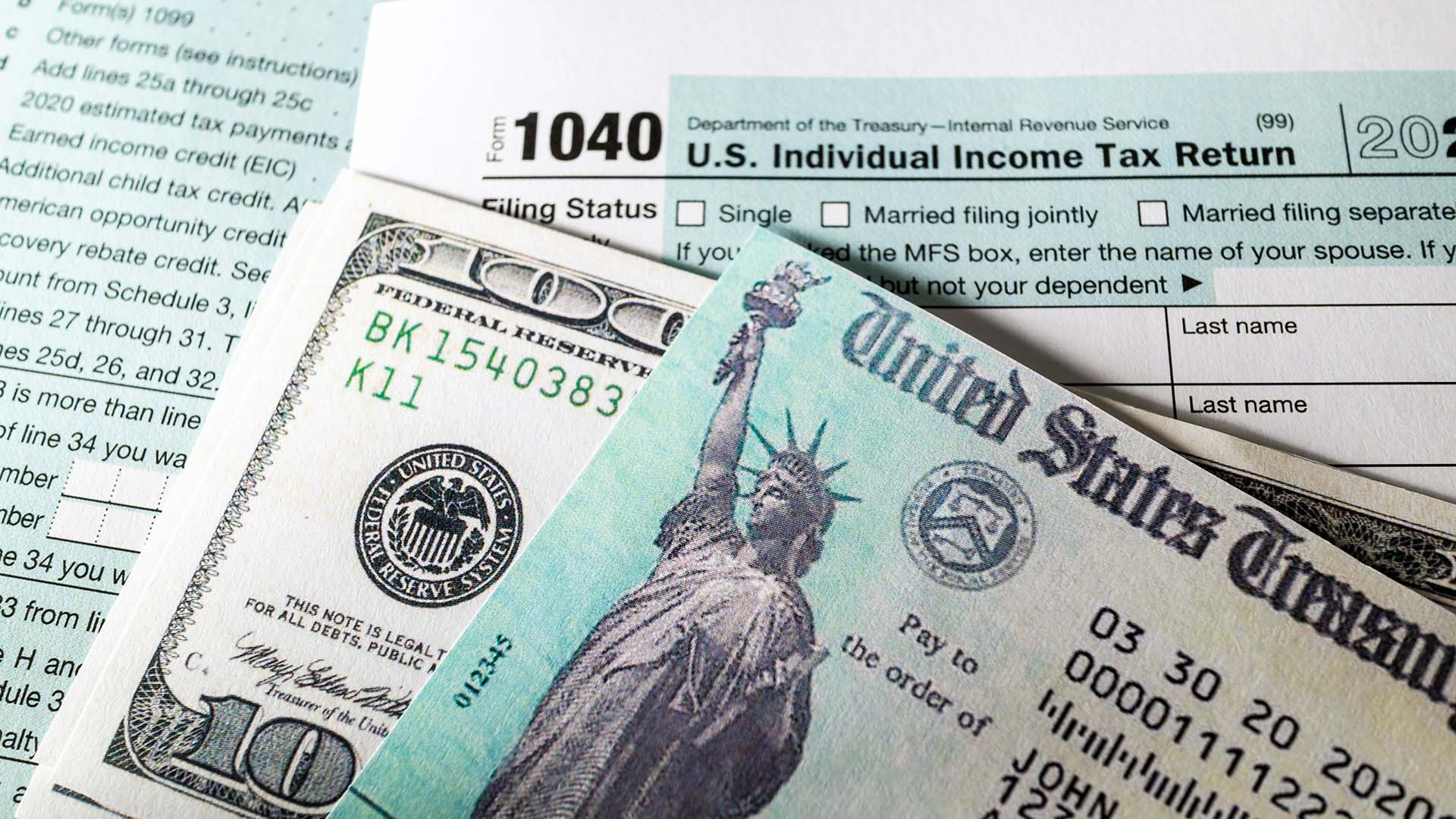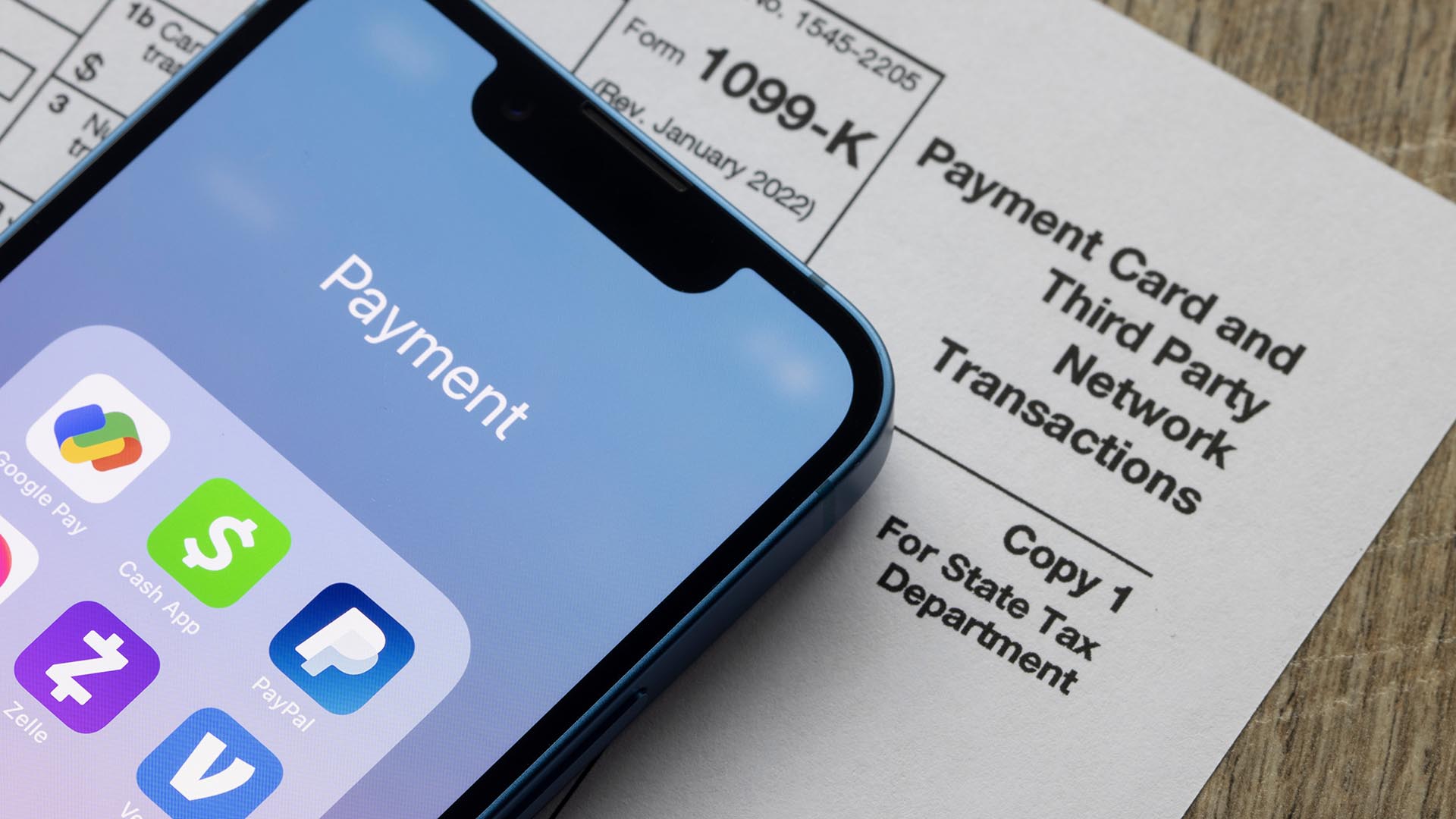Gasoline prices going up, up, up
Economics Professor Mohammed Akacem cites global uncertainty, market conditions for rising travel costs.

The price of gasoline has soared recently, and some forecasts have it surpassing $3 a gallon soon. The Insider spoke recently with Mohammed Akacem, MSU Denver professor of economics, for an explanation of the forces driving up the price of driving.
Insider: Why have gasoline prices stayed so low for such a sustained period during the past few years?
Akacem: Market conditions ultimately determine the level of gas prices. A surge in U.S. oil production has surpassed that of Saudi Arabia on a per-day basis and has calmed waters on the geopolitical front. Inaction by the Organization of the Petroleum Exporting Countries to restrain oil production adds to the explanation. Historically, gasoline prices have not been as low in the recent past as people may perceive. We have to go back to the early 1990s for the $1 range; they rose to $4 a gallon in summer 2008, when oil prices reached $147 a barrel.

Insider: What has been the fundamental cause of the recent price spike?
Akacem: The short answer is that market fundamentals have changed somewhat, but geopolitics add to the overall picture. Markets do not like uncertainty. At the moment, the world is dealing with geopolitical issues on a few fronts. To cite a few: Iran and the renewal of tougher sanctions, with less oil potentially in the market; Venezuela’s unsettled political climate and the drop in oil production; OPEC’s cutbacks on production, along with Russia. Summer driving may also play into it, but the broader market and geopolitical factors are the main drivers.
Insider: When do you anticipate we’ll see the rising price reach its peak and begin to level off?
Akacem: That is hard to say. It is tricky to try to forecast oil prices, and many have tried and failed. Internally in the U.S., gasoline prices will run their course, like in every summer, and will go up during the height of the driving season. But underlying that is what will happen to the geopolitical picture. Will the sanctions cripple Iran and impact its ability to sell its oil? Will Venezuela be impacted by the same? We should not forget the Saudi Arabia-Yemen war. An errant missile from Yemen into Saudi oil installations and/or pipelines could cause immediate spikes.

Insider: With summer travel season around the corner, besides drivers, do you think the price of airline tickets will go up as a result of rising jet-fuel prices?
Akacem: Oil prices certainly drive the price for both gasoline and jet fuel. However, I foresee a larger impact on drivers than those flying this summer.
Insider: Is the U.S. better-insulated from price spikes than in years past because of the level of domestic oil production?
Akacem: No. Even if the U.S. were 100 percent self-sufficient and did not import any oil, an oil shock would impact it like any other country. There is only one world oil market, and prices domestically will always reflect the global marketplace.







